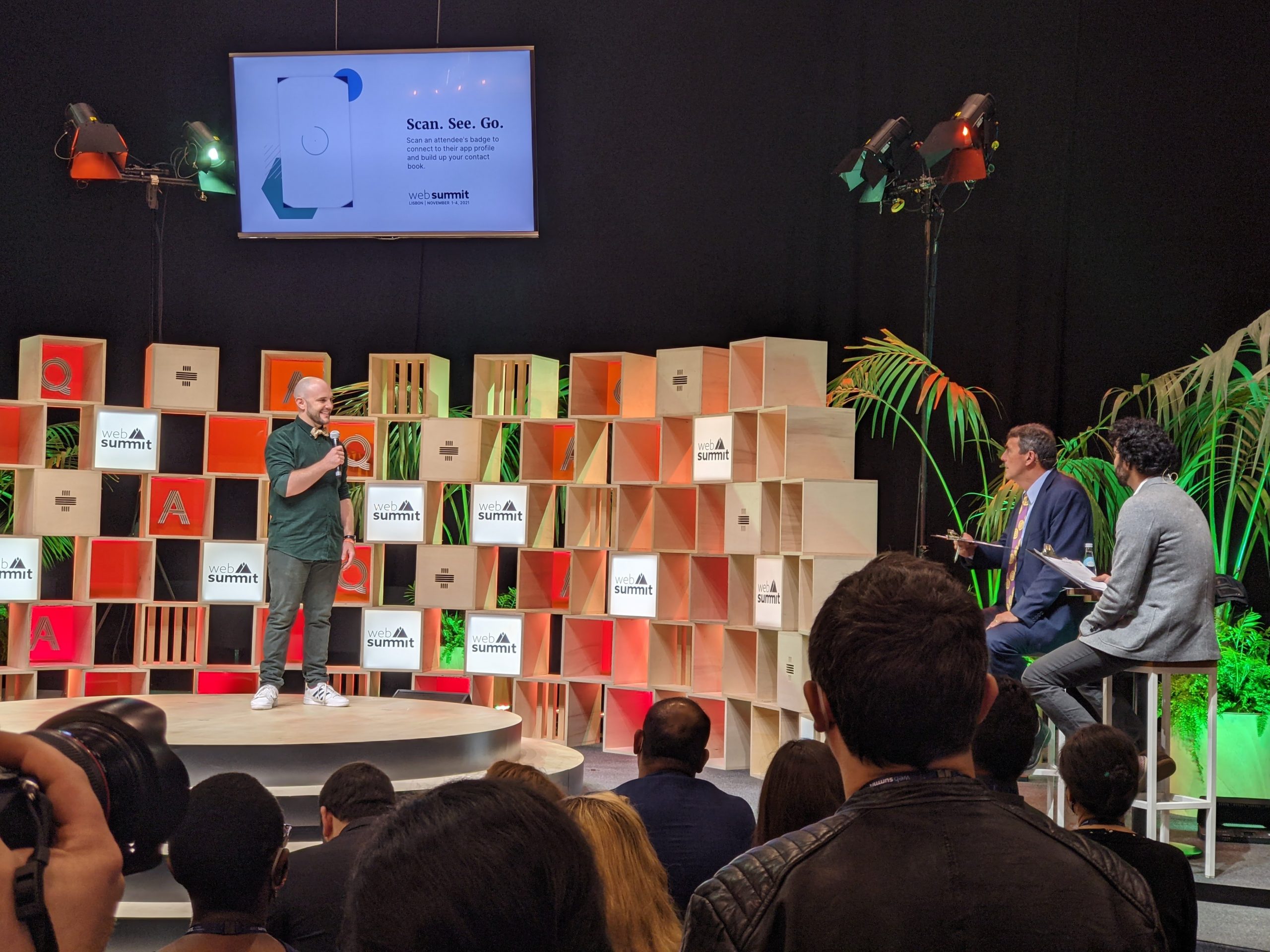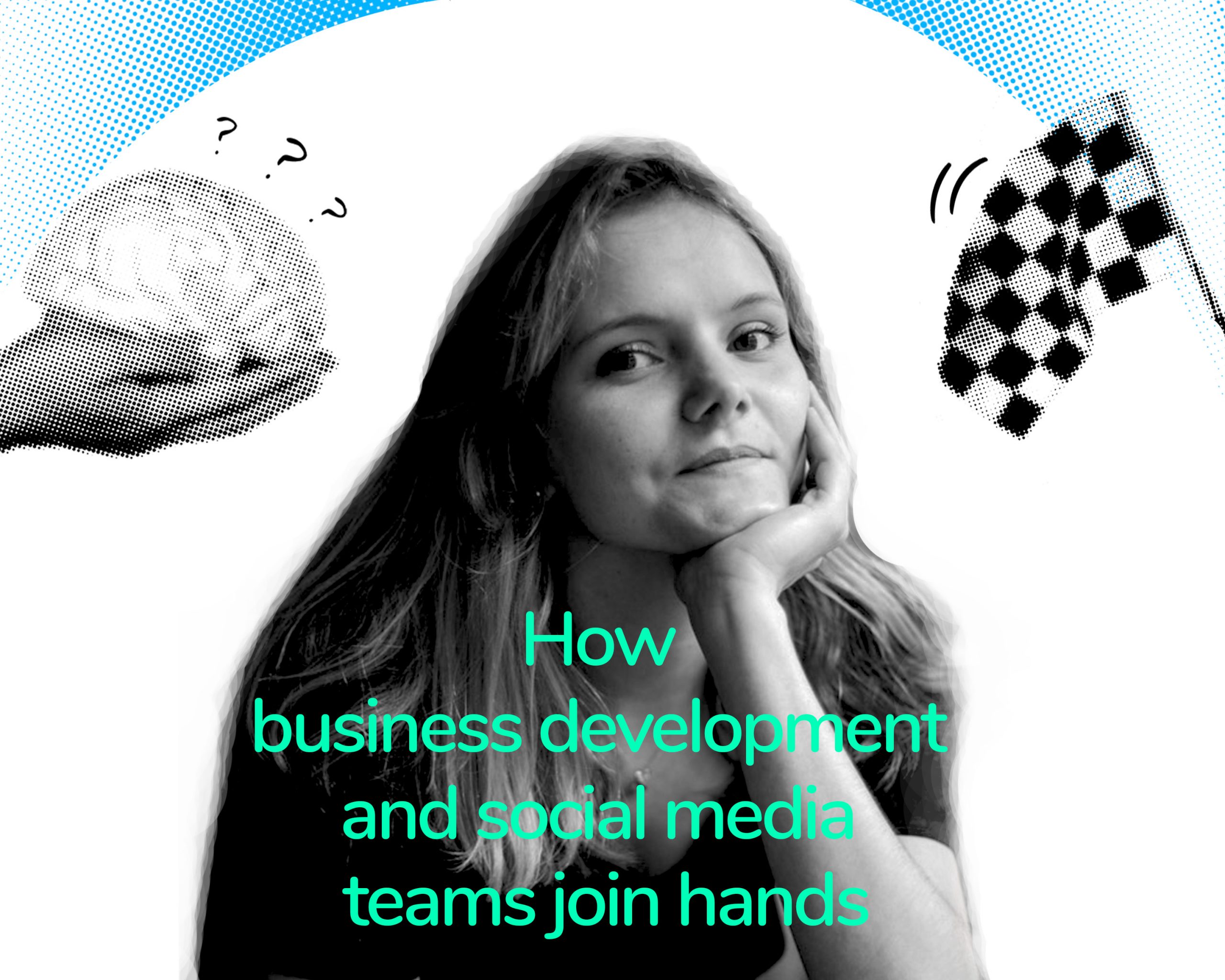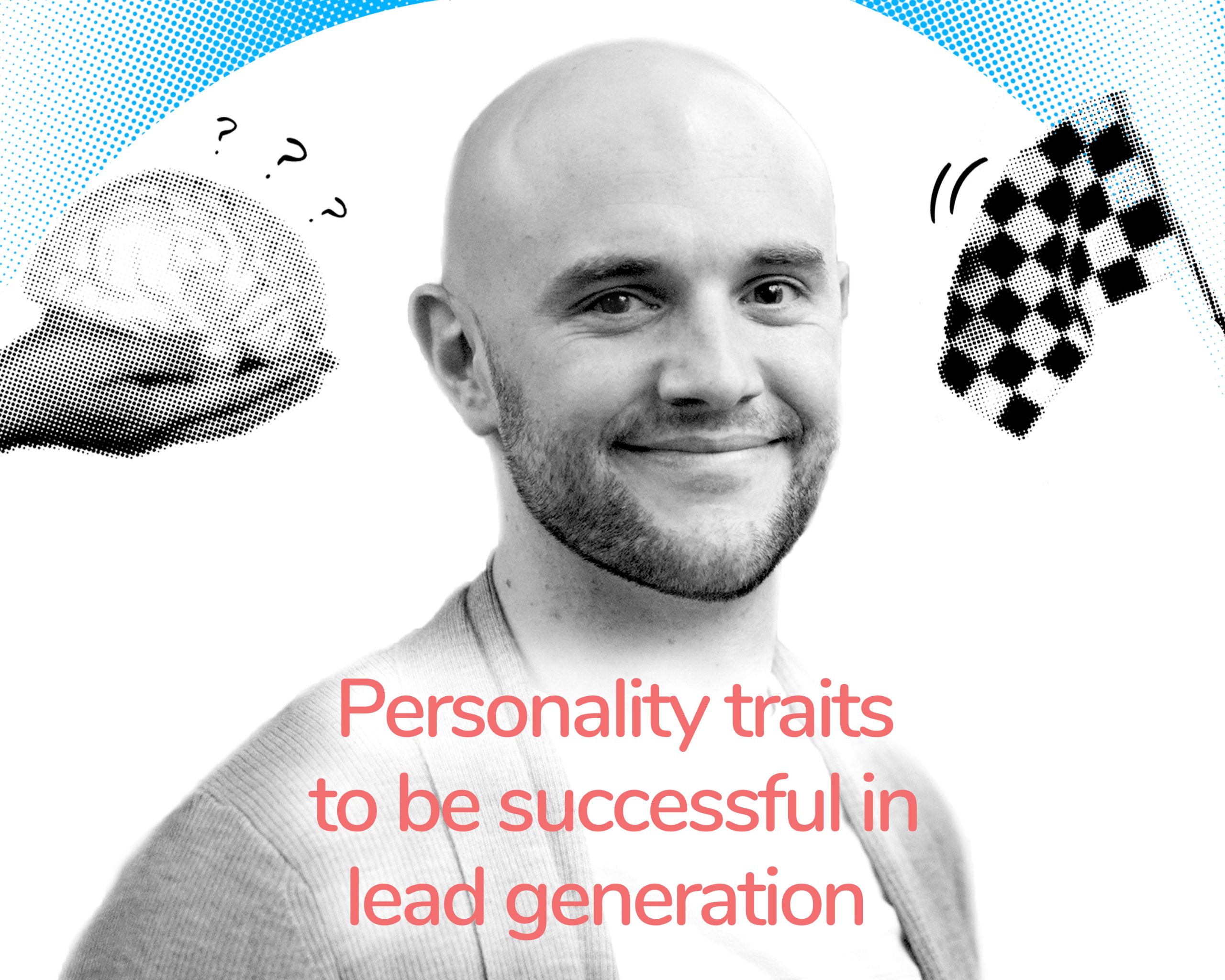
I am someone who loves patterns. Sewing patterns, knitting patterns, data patterns, all of them. And one of my personal patterns is to constantly seek new interests. New ways of doing things. New ways of thinking. To learn, to be taught, maybe to teach in return; to try, and try, and try once more.
When the opportunity came for me to become Carbon Global’s new Strategic Operations Manager, I seized it immediately. An industry new to me? Check. An activity new to me? Check. A team new to me? Check. A role new to me? Check-mate.
I find great beauty in being a beginner. In this case, I was fortunate enough to be given an additional head-start —thank you again Elodie for your time and energy during our two-week handover—, and I can also draw from my previous experiences. Despite these, being a beginner is scary. There aren’t any habits, any automatisms, any background you can rely on when the going gets tough. So you make mistakes. Lots, and lots, and lots of mistakes. I’ve already made a few of them here, and I am certain I will make more. This is part of the process of learning however, and it needs to be encouraged and celebrated, provided we actively learn from our shortcomings.
With that said, trying something new, without the slightest idea of what success looks like, is usually a much lengthier process than when you have at least a faint idea of the direction in which you’re going. Don’t get me wrong, some occasions do call for purely empirical learning, and the joy of simply playing is at times a highly needed respite from the productivity-leaning nature of our modern urban lives. I haven’t however found it to be generating much success in the professional realm.
This is where goals, data and patterns enter.
A goal is a definition of success given certain parameters. If you have ever had the misfortune of being micromanaged, you know that when someone dictates every single step of your work, this doesn’t automatically lead to success —and in most cases is at best counterproductive, at worst damaging to your psyche—. This is because people are different. I know. Shocker. Sit down, grab a cuppa, you’ll recover. When a manager focuses on the ‘how’, they define success in a way that only those who can assimilate to their method will be able to experience. This is not only profoundly inequitable, it also kills any potential for innovation. How can we move away from this approach? By focusing on the ‘what’. I believe it is the ultimate difference between humans and machines; where the latter need an algorithm to give their best work, the former need a direction.
Having solved the crisis of poor management, the Terminator-adjacent conspiracy theory and the entire philosophical questioning of the past few millennia, we still need to decide on ‘which direction’ to provide. That is the role of data. By analysing what the overarching goal of a company is —which in most cases involves the word ‘growth’, a very numerical term—, we can break it down into more manageable chunks; either per department if you happen to be in a functional structure, per project for matrix organisations, or per ‘task type’ for flatter structures. With the help of clear data, we can set attainable goals, empower our people to decide how to reach them and truly become ‘outcome-oriented’.
This is where I hope to have a positive impact on Carbon Global in the next few months, by introducing a goal-setting strategy and championing the routine use of data in learning from our mistakes and advocating for our successes. You could even say that these are some of my goals.
Félix Thevenot
Strategic Operations Manager
Carbon Global










